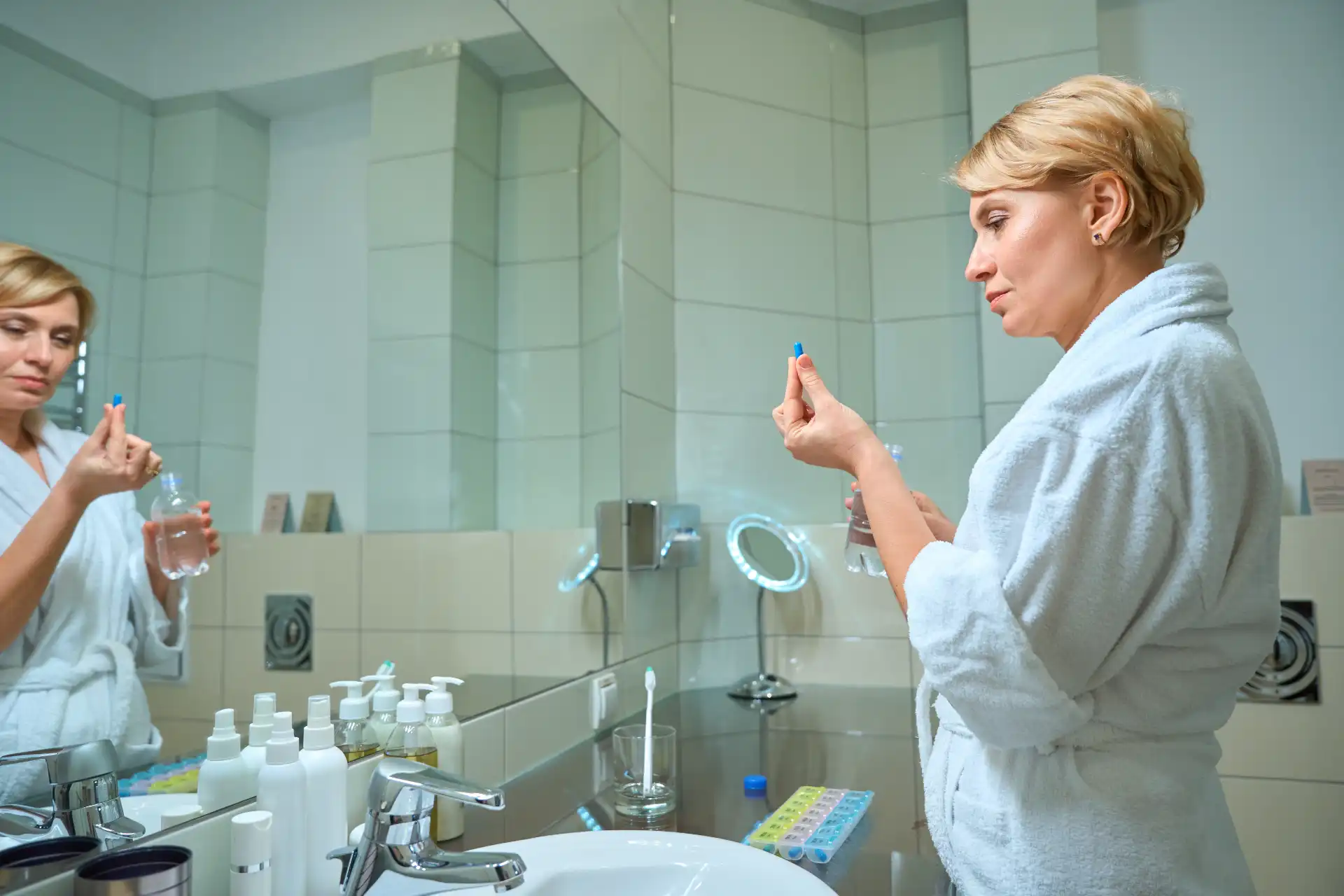Contact Lens Care 101: Best Practices for Healthy Eyes
Contact lenses are a convenient and effective alternative to glasses — but only when used correctly. Poor contact lens hygiene can lead to eye infections, dryness, irritation, and even vision loss. That’s why practicing proper contact lens care is essential to maintaining healthy eyes and comfortable wear.
In this article, we’ll share the most important contact lens care tips to help you prevent problems and enjoy clear, healthy vision every day.
Why Proper Contact Lens Care Matters
Contact lenses sit directly on your eyes, which makes them highly sensitive to contamination. Bacteria, viruses, and protein buildup can accumulate quickly without proper cleaning and handling.
According to the CDC, poor lens hygiene contributes to nearly 1 million doctor visits each year due to contact lens-related eye infections. The good news? Most of these problems are preventable with the right habits.
Read more from the CDC’s contact lens safety guide.
Top Contact Lens Care Tips
Here are the best practices every contact lens wearer should follow:
1. Wash Your Hands Before Handling Lenses
Always wash and dry your hands with soap and a lint-free towel before touching your lenses. Avoid using scented or oily soaps, which may stick to your lenses and irritate your eyes.
2. Clean and Disinfect Daily
Clean reusable lenses with the correct solution every day — never with tap water or saliva. Rub the lens gently with your fingers, rinse with solution, and store them in a clean case filled with fresh solution.
Important: Do not reuse old solution, and never top off yesterday’s solution in the case.
3. Replace Your Lens Case Regularly
Your lens case can harbor bacteria over time. Clean it with solution (not water) daily and let it air dry. Replace the case at least every three months — or sooner if it looks damaged or dirty.
4. Follow the Wearing Schedule
Stick to the recommended wearing time for your specific lenses. Don’t wear daily lenses for more than a day, and don’t extend the life of two-week or monthly lenses beyond their schedule.
Sleeping in lenses not designed for overnight wear can dramatically increase the risk of infection.
5. Avoid Water Exposure
Remove your lenses before swimming, showering, or using a hot tub. Water may introduce harmful microorganisms like Acanthamoeba that can cause serious infections.
Learn more about water safety and contact lenses from the American Academy of Ophthalmology.
Signs You May Be Misusing Contact Lenses
If you experience any of the following symptoms, you may need to improve your contact lens habits or consult an eye doctor:
- Red, irritated, or painful eyes
- Blurry or cloudy vision
- Light sensitivity
- Feeling like something is in your eye
These could indicate an eye infection or corneal abrasion. Remove your lenses immediately and schedule an eye exam.
What About Contact Lens Alternatives?
If you find contact lens care overwhelming or struggle with frequent eye irritation, you may want to consider alternatives such as:
- Daily disposable lenses: No cleaning or cases required — just wear and toss.
- Rigid gas-permeable lenses: More durable and resistant to deposit buildup.
- Laser vision correction: A surgical option for long-term vision improvement.
Your eye doctor can help determine the best solution based on your lifestyle and eye health.
Final Thoughts
Practicing good contact lens care is key to keeping your eyes comfortable and free from infection. By following these simple steps — from handwashing to lens case maintenance — you can enjoy clear vision and reduce your risk of eye problems.
If you’re new to contact lenses or need help finding the right type for your needs, schedule an eye exam with BridgeMill Eye Care. Our team will ensure your lenses fit well, feel comfortable, and support long-term eye health.





